How to Teach Kids to Use the Internet Responsibly? 2026
As a parent, guiding your child through the online world can be exciting yet challenging. The internet offers opportunities for learning, creativity, and social interaction, but it also carries risks. To help kids use the internet safely, you need practical strategies, consistent guidance, and tools that support safe online habits. This article explains how to teach kids to use the internet responsibly and provides actionable tips for safe online behavior.
Why It’s Important to Teach Kids to Use the Internet Safely
The online world can be rewarding but also potentially harmful. Helping children understand the risks of the internet ensures they develop confidence, critical thinking, and independence. Teaching kids to use the internet responsibly equips them to navigate digital spaces safely and make informed choices.
Protect Their Personal Information
You should show your child how to safeguard personal details such as location, school, and family contacts. Understanding the consequences of oversharing helps them make safer online decisions and maintain privacy.
In 2022, approximately 1.7 million children in the U.S. had personal information exposed in a data breach — that’s roughly 1 in every 43 kids.
Encourage Critical Thinking
The internet is full of both reliable and misleading information. Discussing posts, messages, and videos together helps children ask questions like “Who created this?” or “Is this trustworthy?” This builds critical thinking skills for safer online engagement.
Promote Healthy Digital Habits
Excessive screen time can affect sleep, focus, and social skills. Encourage your child to balance online activities with offline experiences such as reading, sports, or family interactions. Healthy routines prevent technology from dominating their day.
From July 2021 to December 2023, 50.4% of U.S. teenagers (ages 12–17) reported spending four or more hours daily on screens (excl. schoolwork).
Practical Steps to Help Kids Use the Internet Safely
You play a critical role in shaping your child’s online behavior. By combining guidance, real-life examples, and open communication, you can help your child understand both the benefits and risks of the internet. The following tips provide practical ways to help kids use the internet responsibly.
Tip 1: Guide Your Child Through Privacy Settings
Walk your child through privacy settings on social media and apps. Explain why sharing personal information like location or school can be risky. Exploring these settings together empowers children to manage their online presence safely.
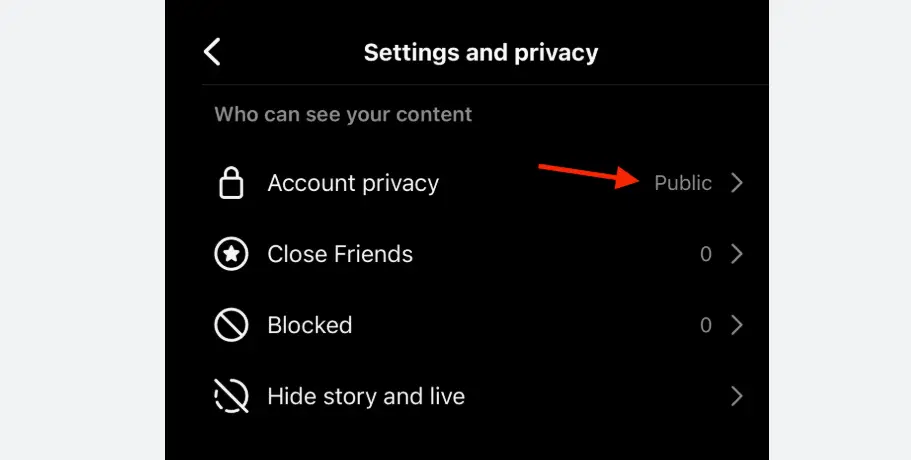
Tip 2: Build Critical Thinking Skills
Encourage children to pause and evaluate what they see online. Discuss whether content is accurate, trustworthy, or potentially misleading. Reviewing examples together strengthens their ability to make informed decisions and avoid online risks.

Tip 3: Set Clear Screen Time Limits
Establish daily limits for devices and apps, including time for homework, hobbies, and outdoor play. Consistent boundaries help children enjoy online experiences while maintaining balance with offline activities.
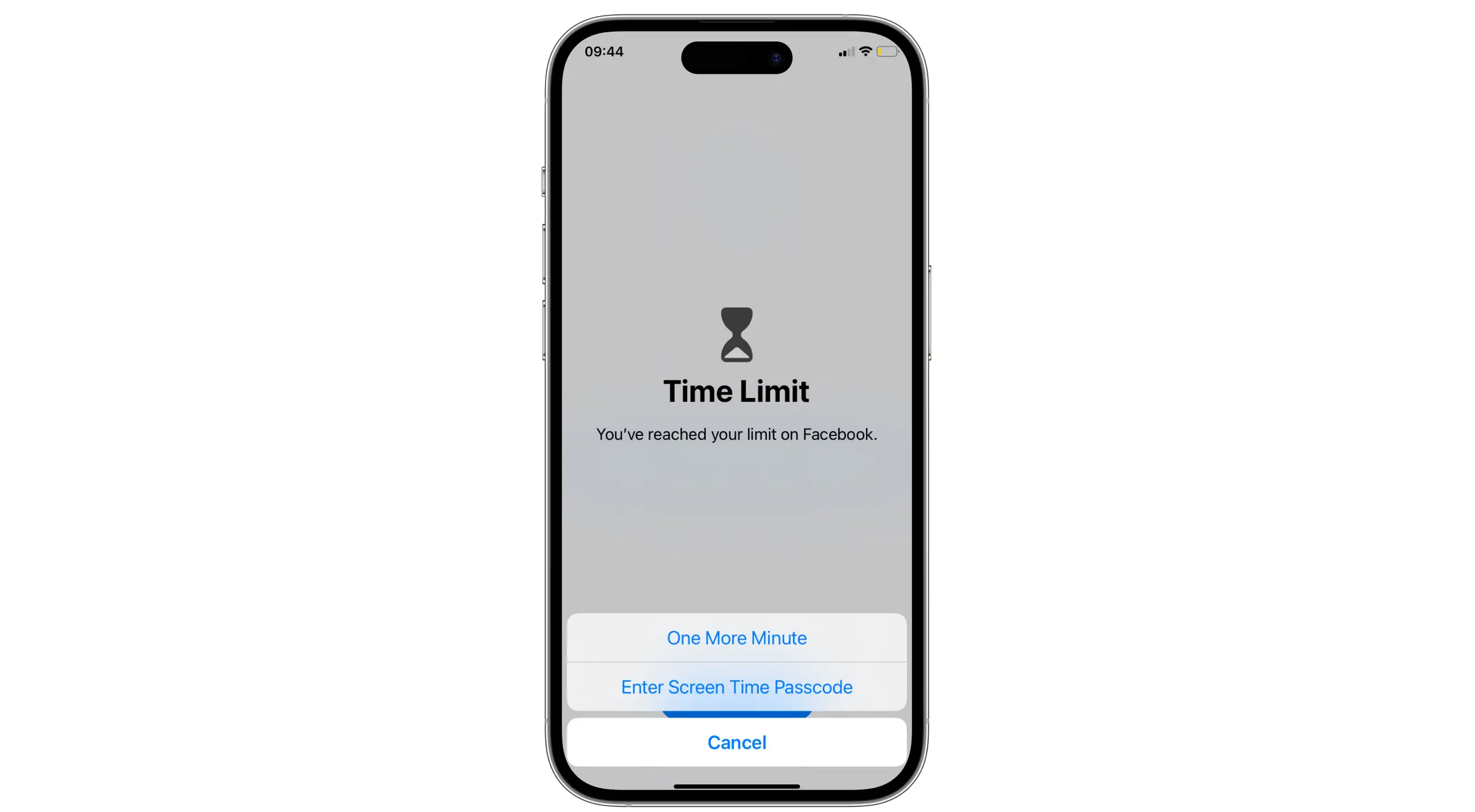
Tip 4: Teach Online Manners
Online behavior should mirror real-life etiquette. Talk to your child about kindness, conflict resolution, and reporting cyberbullying. Reinforcing respectful interactions promotes responsible digital citizenship.
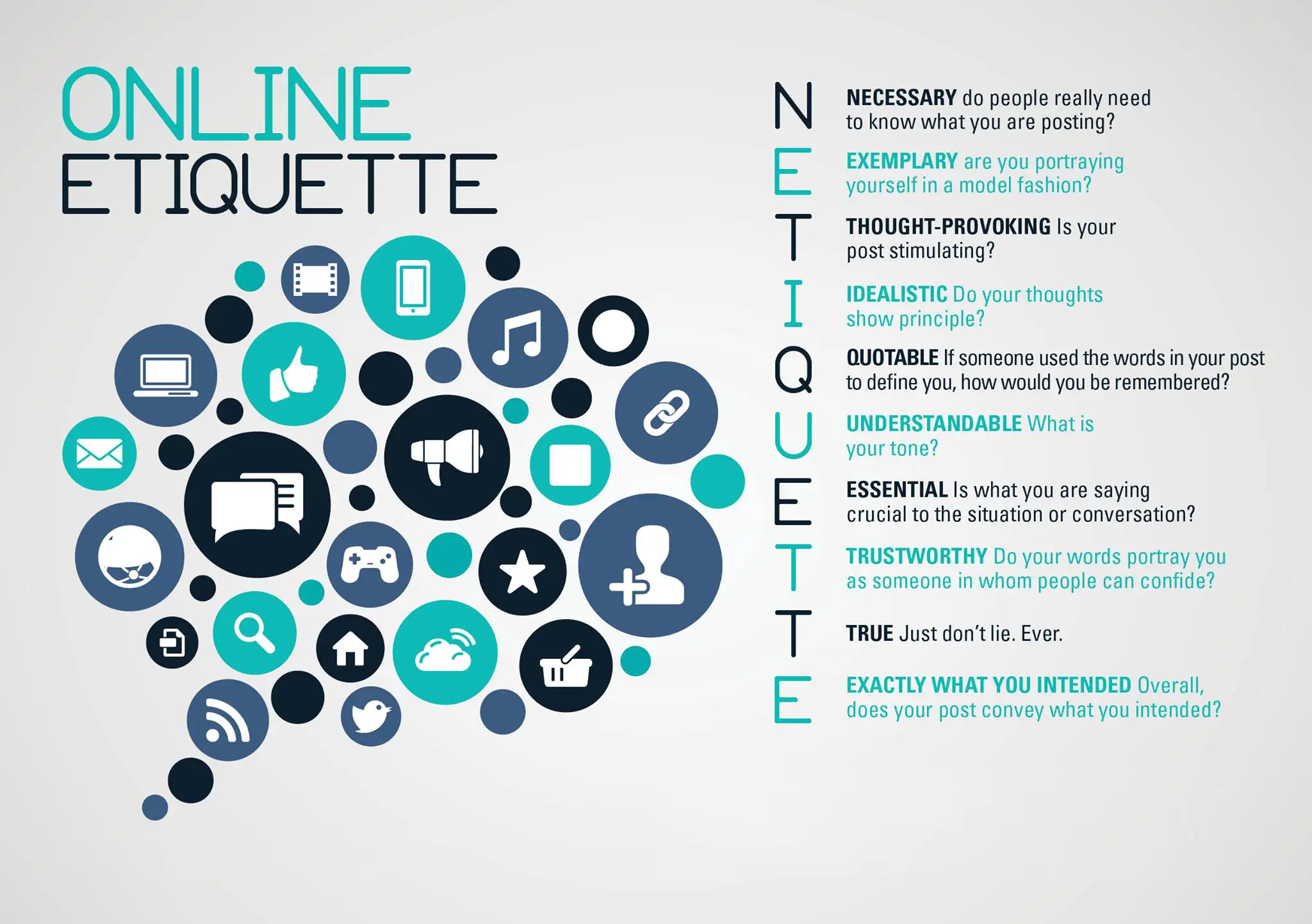
Tip 5: Use Parental Control Tools for Safety
Parental control apps complement your guidance by monitoring activity and setting boundaries without restricting independence. These tools allow children to explore the internet safely while learning responsibility.
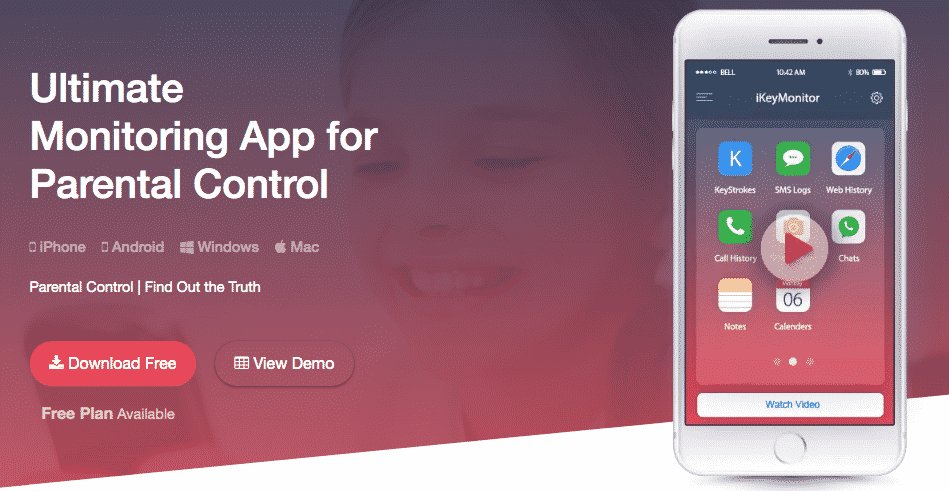
Stay in Control of Your Child’s Online Safety with iKeyMonitor
iKeyMonitor is a comprehensive parental control app designed to help you teach your child to use the internet responsibly. It allows monitoring, setting limits, and receiving alerts while promoting safe and independent online habits.
Monitor Chats on WhatsApp, WeChat, and Other Apps
iKeyMonitor enables you to monitor chat messaging on social media chat apps to identify inappropriate content or risky interactions. This allows early guidance and teaching safe communication practices.
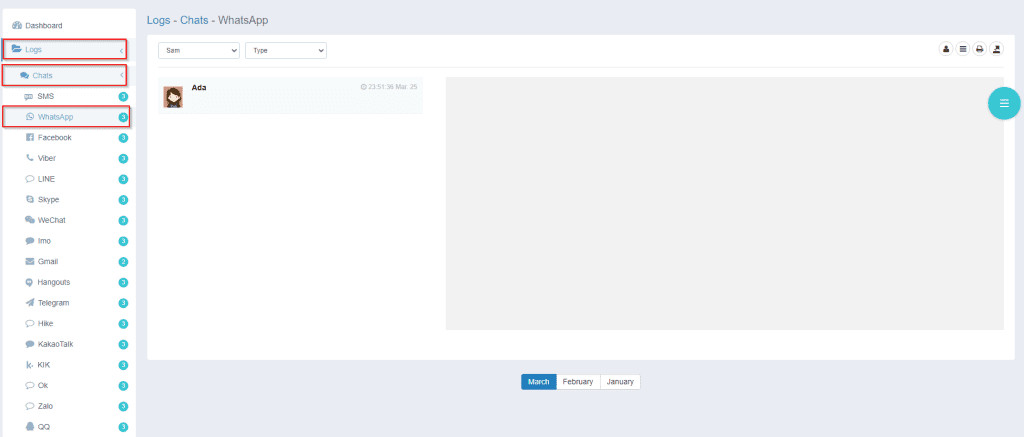
Capture Screenshots for Suspicious Activity
The app automatically captures screenshots of online activity, providing visual examples to discuss risks and reinforce safe behavior.
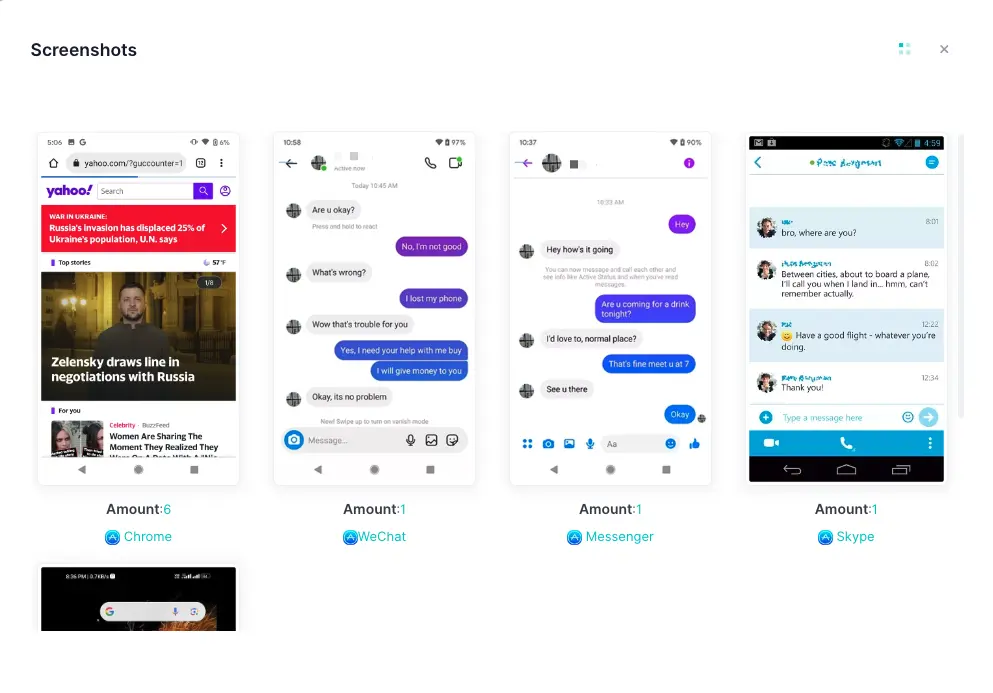
Limit Screen Time Effectively
You can schedule daily or weekly limits for app usage or overall device time. This helps your child balance learning, recreation, and offline activities for healthier digital habits.
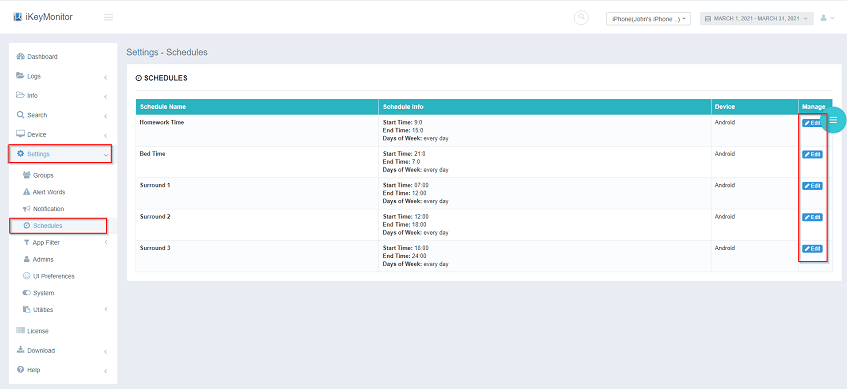
Block Unwanted Apps and Games
The app allows you to block apps and games that are inappropriate or overly distracting, helping your child focus on safe and educational online activities while preventing exposure to harmful or addictive content.

Receive Real-Time Alert Notifications
iKeyMonitor sends alerts if your child encounters unsafe content or attempts to access blocked apps. Immediate notifications allow timely interventions and reinforce responsible online habits.
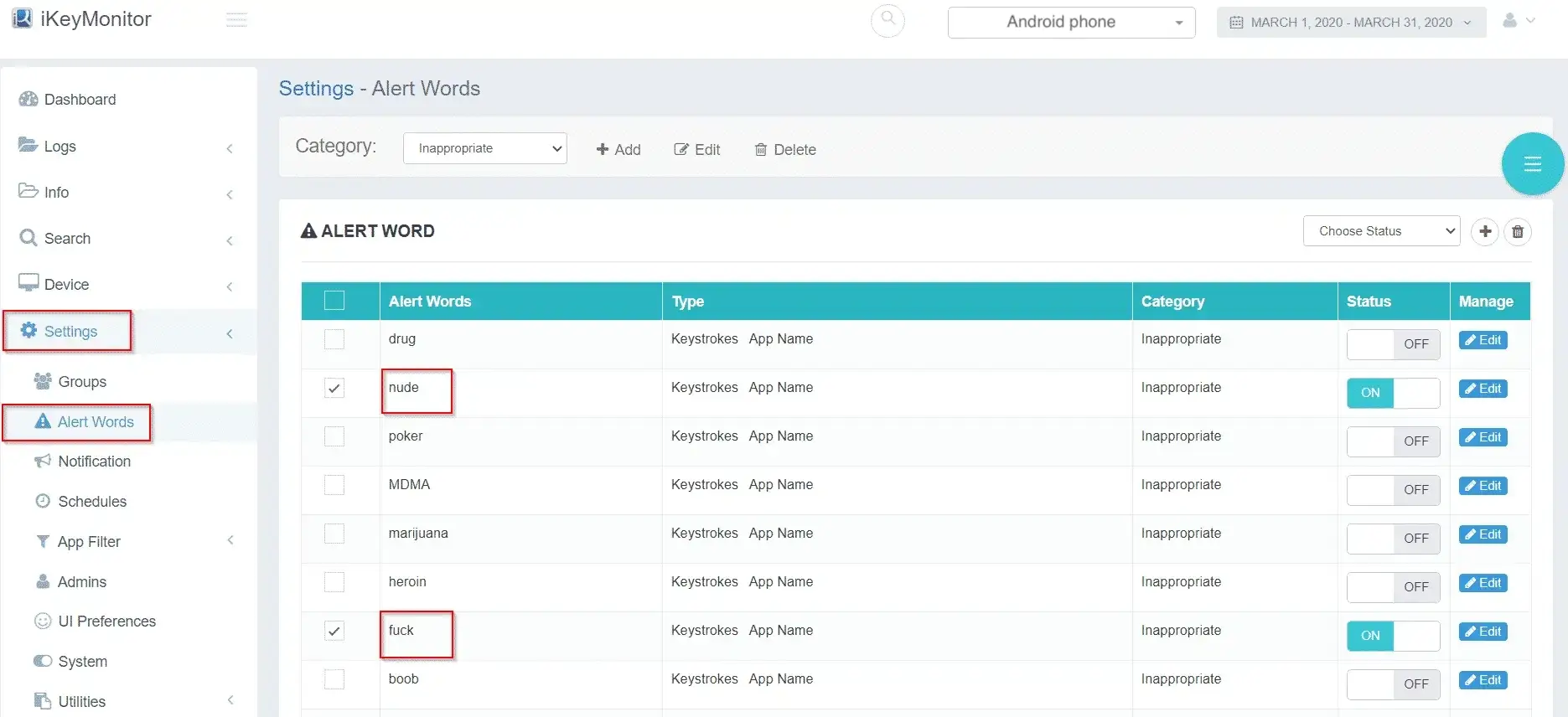
Additional Tips to Help Kids Use the Internet Safely
Beyond rules and monitoring tools, open communication and modeling responsible behavior are essential. These tips strengthen your child’s understanding of safe and responsible internet use in daily life.
- Keep discussions open so your child feels comfortable sharing online experiences.
- Demonstrate responsible internet use yourself; children learn by example.
- Talk about the long-term consequences of oversharing, cyberbullying, or accessing unsafe content.
FAQ: Teach Kids to Use the Internet Safely
Q1: When should I start teaching my child to use the internet safely?
Start as soon as your child begins using digital devices, usually around ages 5–6, to instill safe habits early.
Q2: How can I monitor my child online without invading privacy?
Tools like iKeyMonitor allow discreet monitoring while maintaining trust and encouraging open communication.
Q3: What if my child ignores screen time limits?
Consistency is essential. Explain why limits exist, involve your child in setting rules, and reinforce them with parental control tools.
Q4: How can I teach critical thinking about online content?
Review content together, discuss credibility, and encourage verification before believing or sharing information.
Q5: How important are online manners for children?
Respectful online behavior prevents conflicts, cyberbullying, and reputational harm. Encouraging etiquette helps children develop responsible digital habits.
Q6: What tools can help maintain my child’s online safety?
Comprehensive apps like iKeyMonitor provide monitoring, alerts, app blocking, and screen time management to support safe and responsible internet use.
Conclusion
Guiding your child to use the internet safely requires a mix of conversation, education, and practical tools. By teaching privacy, critical thinking, screen time management, and online manners—and using apps like iKeyMonitor, you create a secure and balanced digital environment. Consistent engagement ensures your child develops lifelong responsible online habits.

Tags: Guiding your child to use the internet safely, help kids use the internet responsibly, safe and responsible internet use, Teach Kids to Use the Internet Responsibly
Category: Learning & How to